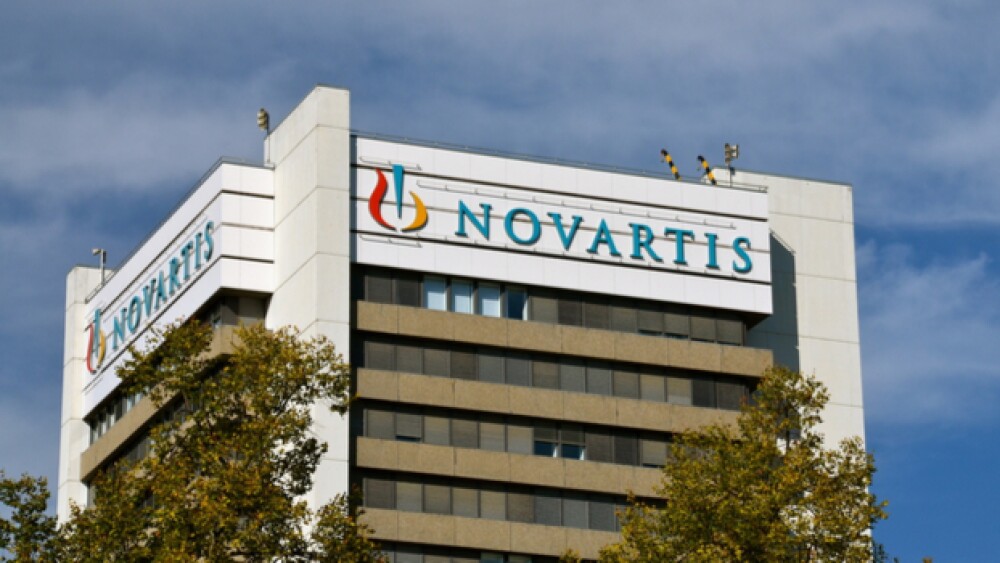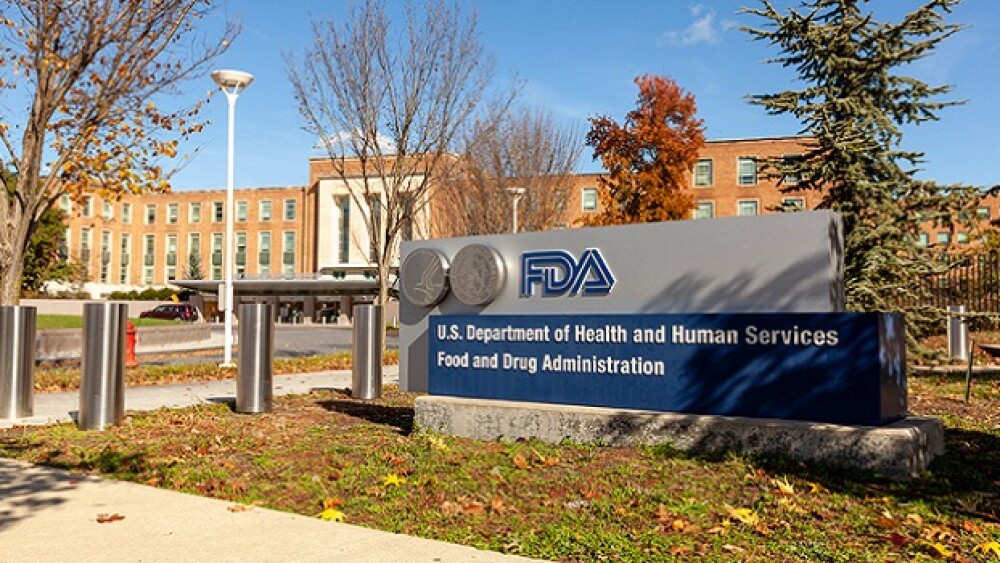Preclinical data has shown that the combination of a KRAS G12C inhibitor with a SHP2 inhibitor results in increased anti-tumor activity based on their complementary mechanisms of action.
lucarista / Shutterstock
San Diego-based Mirati Therapeutics and Swiss pharma giant Novartis have teamed up to evaluate the combination of an investigational KRAS G12C inhibitor and an investigational SHP2 inhibitor in patients with advanced solid tumors that harbor KRAS G12C mutations.
The two companies will pair Mirati’s MRTX849, the KRAS G12C inhibitor, with Novartis’ SHP2 inhibitor, TNO155. SHP2 is an important mediator of cellular signaling through the RAS/MAP kinase pathway. In many types of cancer, SHP2 is frequently overactive. The RAS pathway, also known as the MAPK/ERK pathway, is a group of proteins within a cell that send signals from cell-surface receptors to the DNA in the nucleus of the cell. SHP2 plays an important role in multiple forms of cancer and in regulating the immune system. Preclinical data has shown that the combination of a KRAS G12C inhibitor with a SHP2 inhibitor results in increased anti-tumor activity based on their complementary mechanisms of action, the companies said in their announcement.
Tumors characterized by KRAS G12C mutations are commonly associated with poor prognosis and resistance to therapy, and patients with these mutations have few treatment options. KRAS G12C mutations are typically found in about 14% of Non-Small Cell Lung Cancer adenocarcinoma patients and about 4% of colorectal cancer patients. The mutations can also be found in subsets of other types of cancer.
Mirati Chief Scientific Officer James Christensen said in non-clinical studies, the combination of MRTX849 with a SHP2 inhibitor not only demonstrated a clear impact on KRAS signaling but also resulted in a “significant increase in anti-tumor activity” in some of the tumors versus either drug administered alone.
“We believe this collaboration will strengthen and broaden our KRAS program, potentially increasing the efficacy of MRTX849 and bringing another option to patients with KRAS G12C mutations who have traditionally exhibited resistance with other therapies,” Christensen said in a statement.
No financial details of the collaboration were shared. Mirati said that under terms of the non-exclusive agreement, it will jointly oversee and share the costs of clinical development activities for the combined therapy. Novartis will provide TNO155 at no cost.
KRAS G12C is a hot area of exploration. On Tuesday, Revolution Medicines closed a $100 million financing round to support development of drugs that target KRAS G12C. Last month, Amgen presented data from its Phase I study evaluating investigational inhibitor, AMG 510.
MRTX849 is currently being evaluated in a Phase I/II trial treating patients with molecularly-identified, KRAS G12C-positive advanced solid tumors. In January, the company dosed the first patient in the trial. The Phase I dose escalation phase of the study will assess the safety, tolerability, pharmacokinetics and preliminary anti-tumor activity of MRTX849. A dose expansion phase is planned to follow the selection of a recommended Phase II dose, the company said at the time.
“In preclinical studies, MRTX849 potently and specifically bound to KRAS G12C and produced durable tumor regressions in patient-derived cancer models implanted in mice. Our Phase I/II clinical trial is designed to rapidly advance MRTX849 towards registration and approval,” Charles Baum, president and chief executive officer of Mirati Therapeutics said in a statement.





